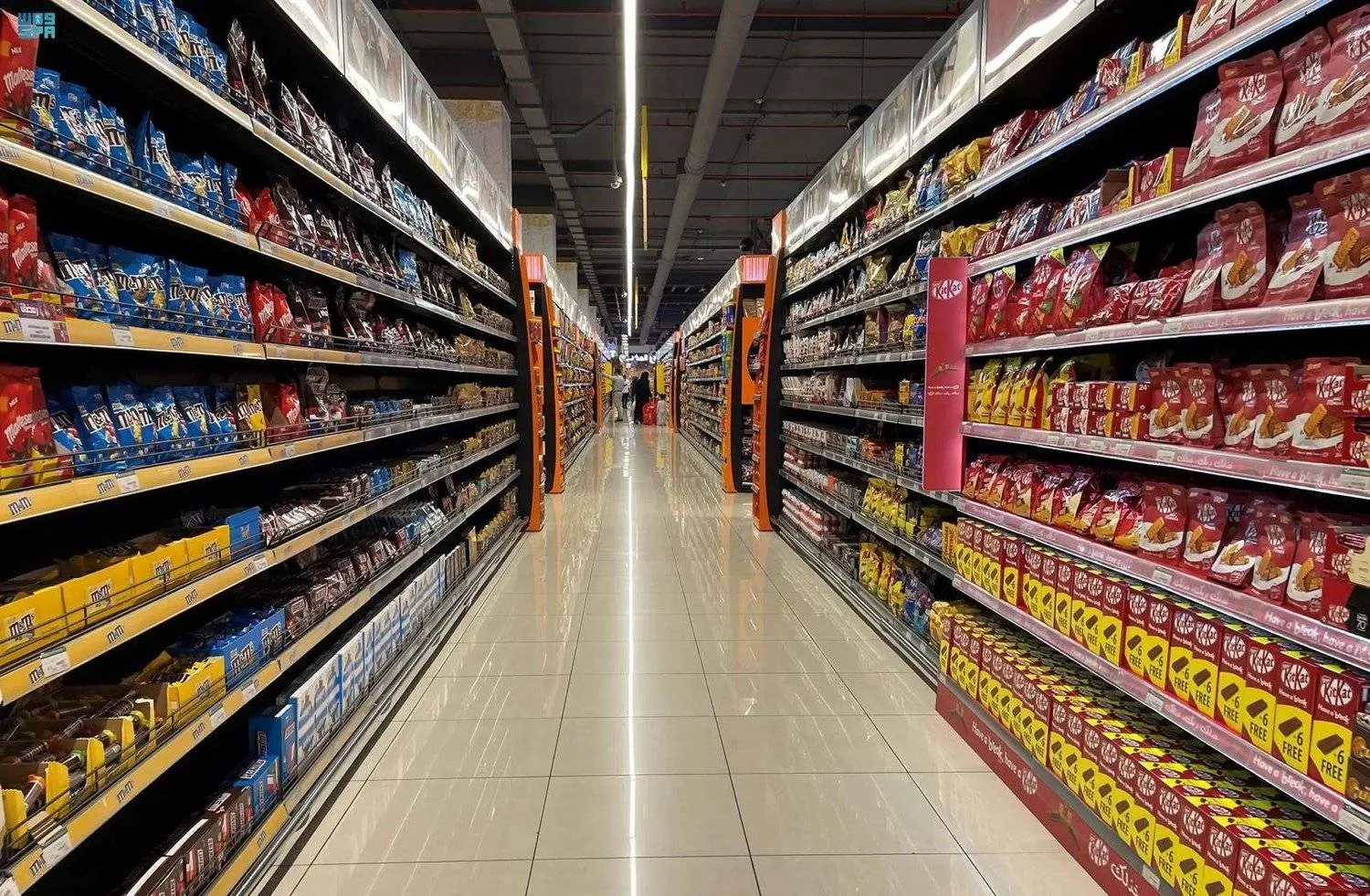Saudi Arabia was able to record the lowest level of inflation rate in nearly two years at 1.6 percent in October, on an annual basis - the same rate registered in February 2022.
Moody’s on Wednesday raised its expectations for the growth of the Kingdom’s economy next year to 4.6 percent. The consumer price index in the Kingdom continues to decline for the fourth month in a row, recording 1.7 percent in September 2023, compared to the same period last year.
Data issued by the General Authority for Statistics (GASTAT) on Wednesday, showed that actual housing rents rose by 9.3 percent during October, affected by the increase in apartment rental prices by 14.9 percent.
The rise of this category had a significant impact on the rise in annual inflation for October 2023, due to its large weight in the index, which amounts to 21 percent.
Food and beverage prices increased by 0.8 percent, affected by a 4.4 percent rise in the prices of milk, dairy products, and eggs.
In this context, experts told Asharq Al-Awsat that the government was adopting accelerated measures to confront the global rise in the inflation rate. Those include fixing the ceiling on fuel prices and countries bearing the difference in the increase, as well as supporting small livestock breeders and increasing strategic stocks of basic materials.
Economist Ahmed Al-Jubeir told Asharq Al-Awsat that the government was controlling the inflation rate, thanks to a series of measures, including stabilizing fuel prices and increasing strategic stocks of basic materials.
He added that inflation in the Kingdom was one of the lowest compared to advanced economies.
For his part, economic expert Ahmed Al-Shehri told Asharq Al-Awsat that the decline in inflation was due to the central bank’s tightening monetary policy by raising the interest rate, in line with the decision of the US Federal Reserve, in addition to government measures related to supporting strategic stocks of basic materials and stabilizing fuel prices.
Meanwhile, Moody’s Investors Service report said that Saudi Arabia’s gross domestic product growth forecast for 2024 was now 4.6 percent, compared to a previous calculation of 3 percent.
Moody’s indicated that the Kingdom’s credit strengths come from its robust government balance sheet, supported by large foreign currency buffers.
Saudi Arabia Registers in October Lowest Inflation Level in Two Years

A supermarket in Saudi Arabia (SPA)

Saudi Arabia Registers in October Lowest Inflation Level in Two Years

A supermarket in Saudi Arabia (SPA)
لم تشترك بعد
انشئ حساباً خاصاً بك لتحصل على أخبار مخصصة لك ولتتمتع بخاصية حفظ المقالات وتتلقى نشراتنا البريدية المتنوعة







